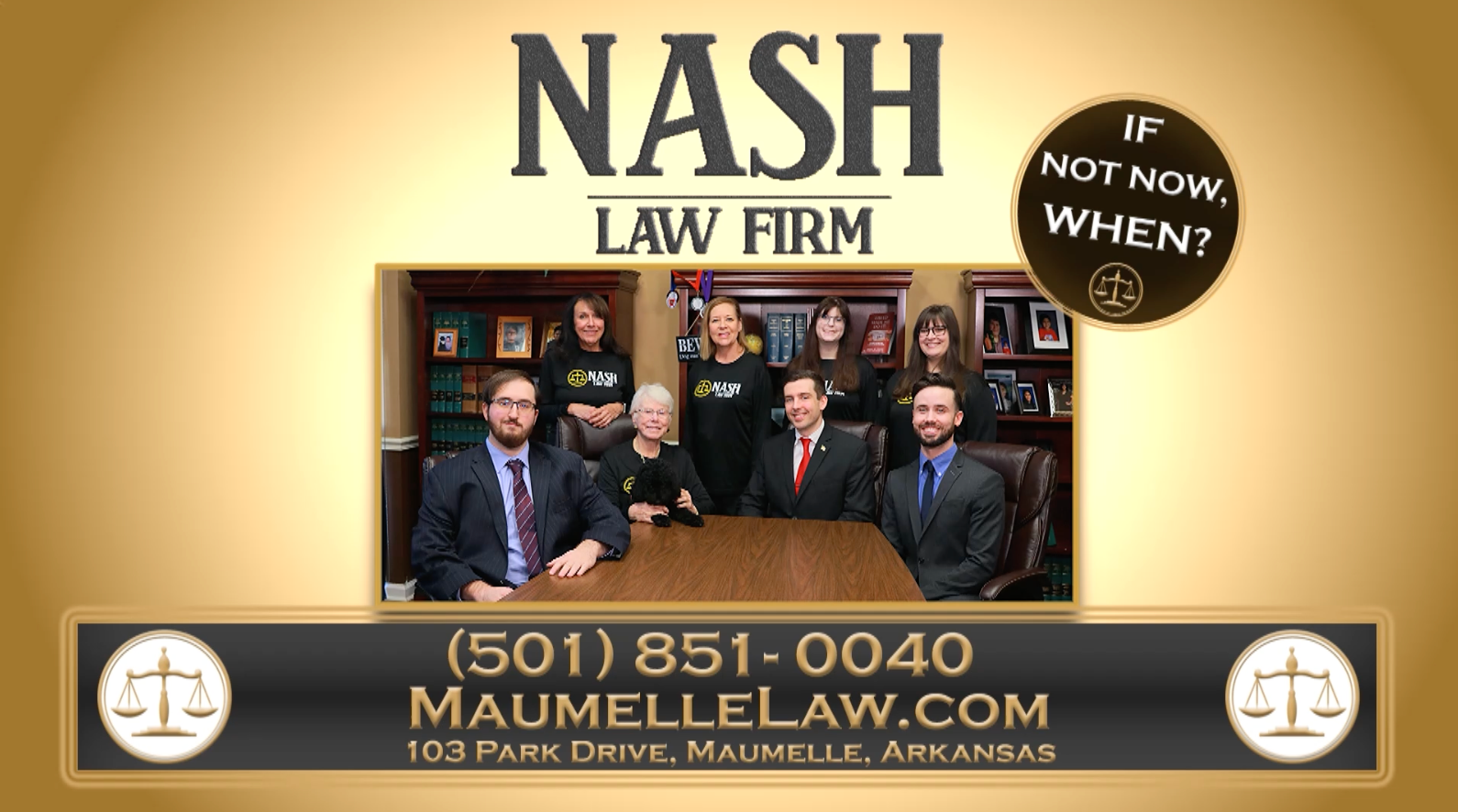Incorporating Charitable Giving into Your Estate Plan

Charitable giving is a meaningful way to support causes you care about and leave a lasting legacy. Incorporating charitable donations into your estate plan can provide significant benefits for both you and the organizations you support. In this blog, we will explore various strategies for including charitable giving in your estate plan and the advantages it can offer.
Benefits of Charitable Giving
Incorporating charitable giving into your estate plan offers several benefits:
Support Causes You Care About: Charitable donations allow you to contribute to organizations and causes that are important to you, making a positive impact on your community and beyond.
Tax Benefits: Charitable contributions can provide significant tax advantages. Depending on the structure of your donation, you may be able to reduce your estate tax liability and receive income tax deductions.
Create a Legacy: Charitable giving enables you to leave a lasting legacy that reflects your values and priorities, ensuring that your support continues even after your passing.
Strategies for Charitable Giving
There are several ways to incorporate charitable giving into your estate plan, each offering unique advantages:
Bequests in Your Will: One of the simplest ways to include charitable donations in your estate plan is by making a bequest in your will. You can specify a fixed amount, a percentage of your estate, or specific assets to be given to a charitable organization.
Charitable Trusts: Charitable trusts, such as Charitable Remainder Trusts (CRTs) and Charitable Lead Trusts (CLTs), allow you to provide for both your beneficiaries and charitable organizations. CRTs provide income to your beneficiaries for a specified period, with the remainder going to the charity. CLTs, on the other hand, provide income to the charity first, with the remainder going to your beneficiaries.
Donor-Advised Funds: Donor-advised funds (DAFs) allow you to make a charitable contribution, receive an immediate tax deduction, and recommend grants from the fund over time. This option provides flexibility and allows you to support multiple organizations.
Choosing the Right Charitable Organizations
Selecting the right charitable organizations to support is an important step in your estate planning process. Consider the following:
Mission Alignment: Choose organizations whose missions align with your values and priorities.
Impact: Research the impact and effectiveness of the organizations to ensure that your contributions will be used effectively.
Reputation: Consider the reputation and financial health of the organizations to ensure that they are trustworthy and well-managed.
Working with Professionals
Incorporating charitable giving into your estate plan can be complex, and it's important to work with professionals to ensure that your plan is structured effectively. An experienced estate planning attorney can help you navigate the legal and tax implications of your charitable donations and ensure that your wishes are honored.
Charitable giving is a powerful way to support causes you care about and leave a lasting legacy. By incorporating charitable donations into your estate plan, you can enjoy significant tax benefits while making a positive impact on your community. If you're interested in exploring charitable giving options, contact Nash Law Firm for a free consultation. Our experienced attorneys can help you develop a comprehensive estate plan that reflects your values and priorities, ensuring that your legacy lives on.
DISCLAIMER:The information provided on this website does not, and is not intended to, constitute legal advice; instead, all information, content, and materials available on this site are for general informational purposes only. Information on this website may not constitute the most up-to-date legal or other information. This website contains links to other third-party websites. Such links are only for the convenience of the reader, user or browser; the Nash Law Firm does not recommend or endorse the contents of the third-party sites.
Readers of this website should contact their attorney to obtain advice with respect to any particular legal matter. No reader, user, or browser of this site should act or refrain from acting on the basis of information on this site without first seeking legal advice from counsel in the relevant jurisdiction. Only your individual attorney can provide assurances that the information contained herein – and your interpretation of it – is applicable or appropriate to your particular situation. Use of, and access to, this website or any of the links or resources contained within the site do not create an attorney-client relationship between the reader, user, or browser and website authors, contributors, or Nash Law Firm.









![Nash Law Firm Logo [click to return home] Nash Law Firm](https://lirp.cdn-website.com/8c4d5b2c/dms3rep/multi/opt/nashlogo_colorgray_horz-1920w.png)


![Nash Law Firm Logo [click to return home] Nash Law Firm Logo](https://lirp.cdn-website.com/8c4d5b2c/dms3rep/multi/opt/nashlogo_whgold_horz-1920w.png)

